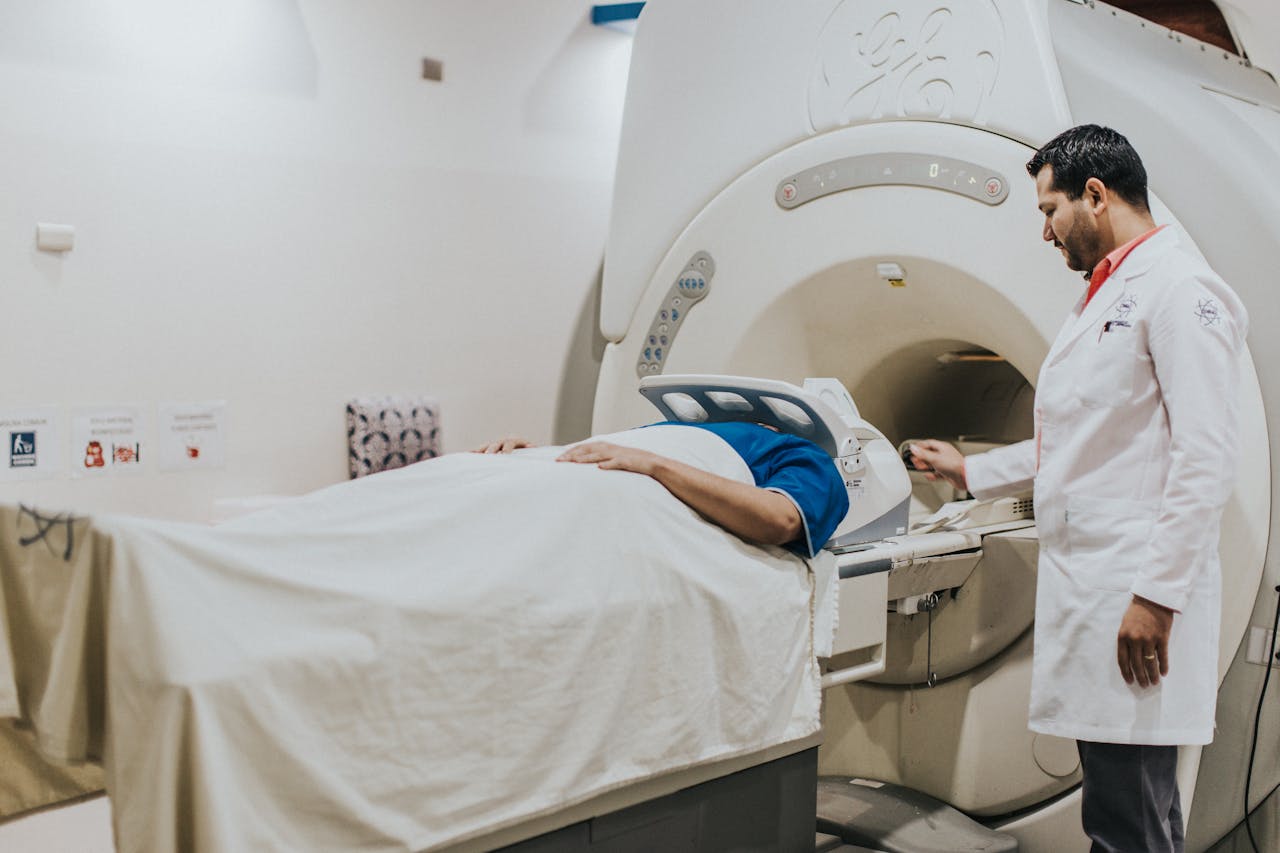Golf is often viewed as a leisurely and low-impact sport, but it’s also a fantastic way to improve your physical and mental health. In this blog post, we’ll explore the numerous health benefits of playing golf, backed by relevant statistics and studies. Whether you’re an experienced player or a novice just starting out, you’ll discover that knowing golf swing step by step can lead to a healthier and more balanced life. So, let’s tee off and dive into the world of golf.
What Is Golf and How Is It Played?
Golf is a sport where players use clubs to hit a small ball into a series of holes on a course, aiming to complete the course in the fewest number of strokes possible. Golf courses typically consist of 18 holes, with varying levels of difficulty and terrain. Players walk from hole to hole, carrying their clubs in a bag or using a cart.

Promoting Physical Health Through Golf
Playing golf offers numerous physical health benefits, including:
- Improved Cardiovascular System: Walking the golf course, carrying your clubs, and swinging all contribute to increasing your heart rate and blood flow, which helps strengthen your cardiovascular system. A study by the American Heart Association found that walking 18 holes can burn up to 2,000 calories while riding in a cart still burns around 1,300 calories.
- Increased Muscle Strength and Flexibility: Golf requires a combination of strength, balance, and flexibility to execute powerful and accurate swings. Regularly playing golf can help develop and maintain muscle strength in your arms, legs, and core.
- Low-Impact Exercise: Golf is a gentle sport that puts minimal strain on joints, making it an ideal form of exercise for people of all ages and fitness levels. It’s especially beneficial for older adults who may have difficulty engaging in high-impact activities.
Enhancing Mental Health Through Golf
As we reach for better physical health, golf also offers numerous mental benefits. Studies suggest that playing golf can reduce stress and anxiety, improve mood, increase focus and concentration levels, and boost self-esteem. Other positive psychological effects of golf include increased motivation, improved problem-solving skills, and enhanced social interaction and relationships.
Tips for Optimizing Health Benefits While Playing Golf
The most important factor in optimizing the health benefits of golf is to stay active while on the course. Walking is always the best option, as it allows you to get in some exercise and enjoy nature at the same time. If you’re using a cart, make sure to take regular breaks from sitting and move around for at least 10 minutes each hour. Moreover, don’t forget to stretch before and after playing for optimal muscle flexibility. Finally, taking a few golf lessons can help you learn the proper techniques that will enable you to maximize your performance while minimizing injury risks.
Golf offers a unique combination of physical and mental health benefits that can be enjoyed by players of all ages and skill levels. By incorporating this enjoyable sport into your routine, you’ll not only experience the thrill of the game but also reap the rewards of improved health and well-being. So, grab your clubs, hit the greens, and swing your way to a healthier life.




